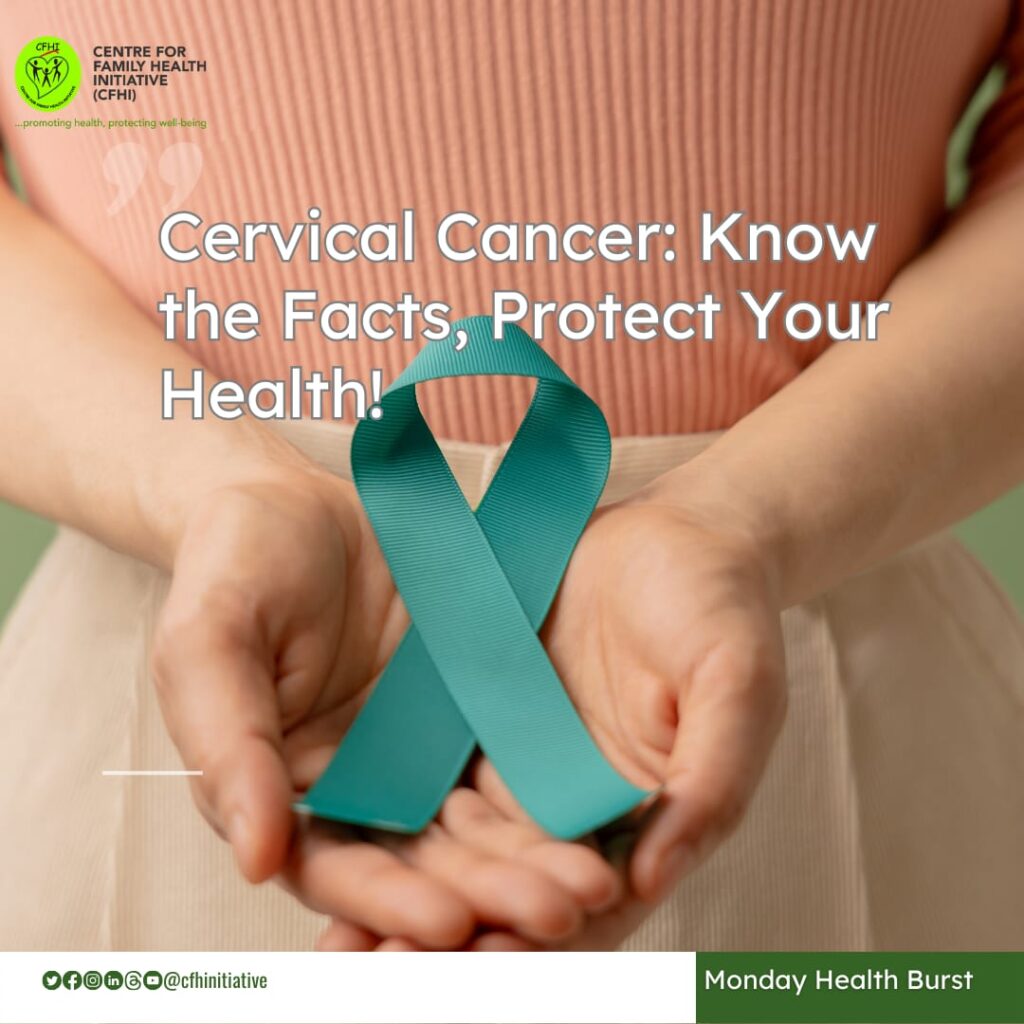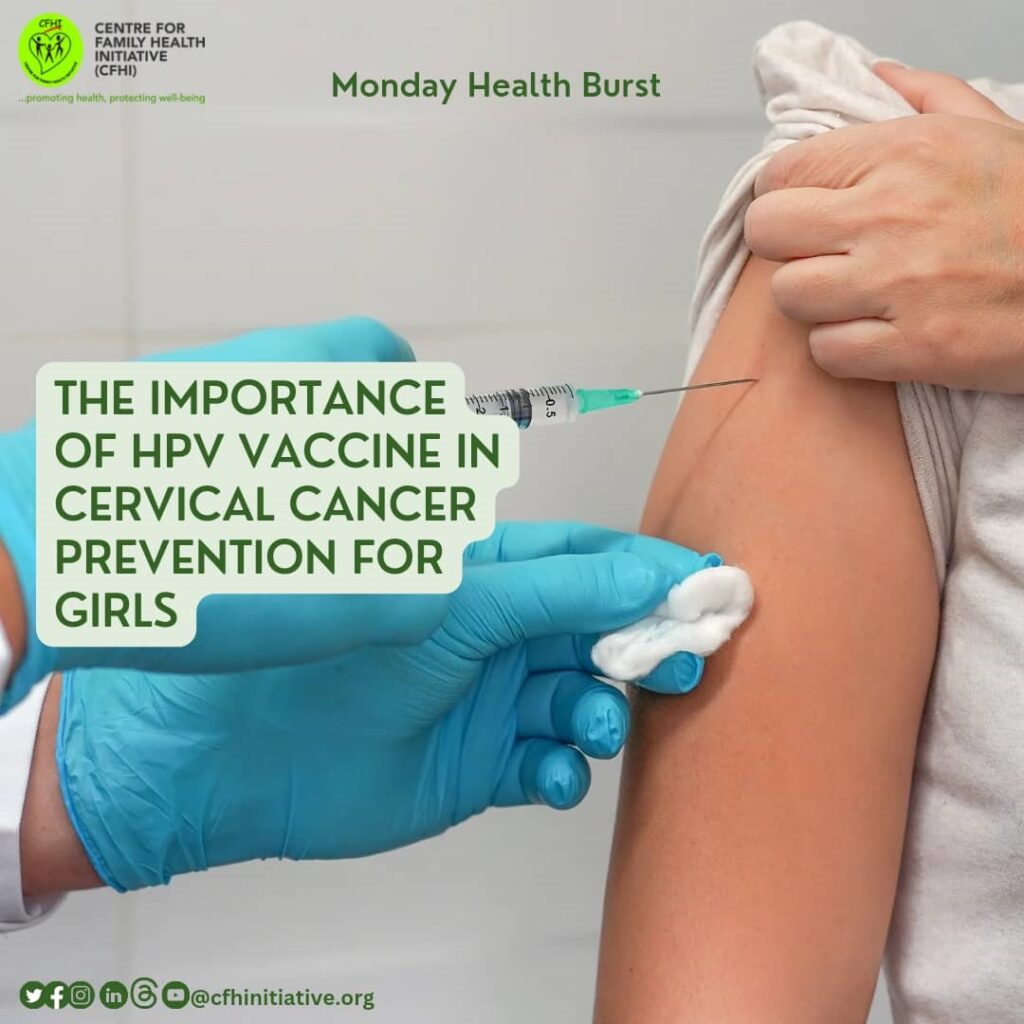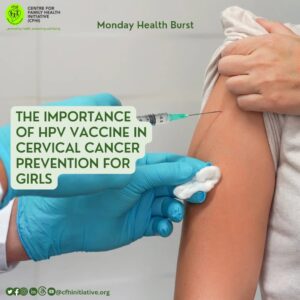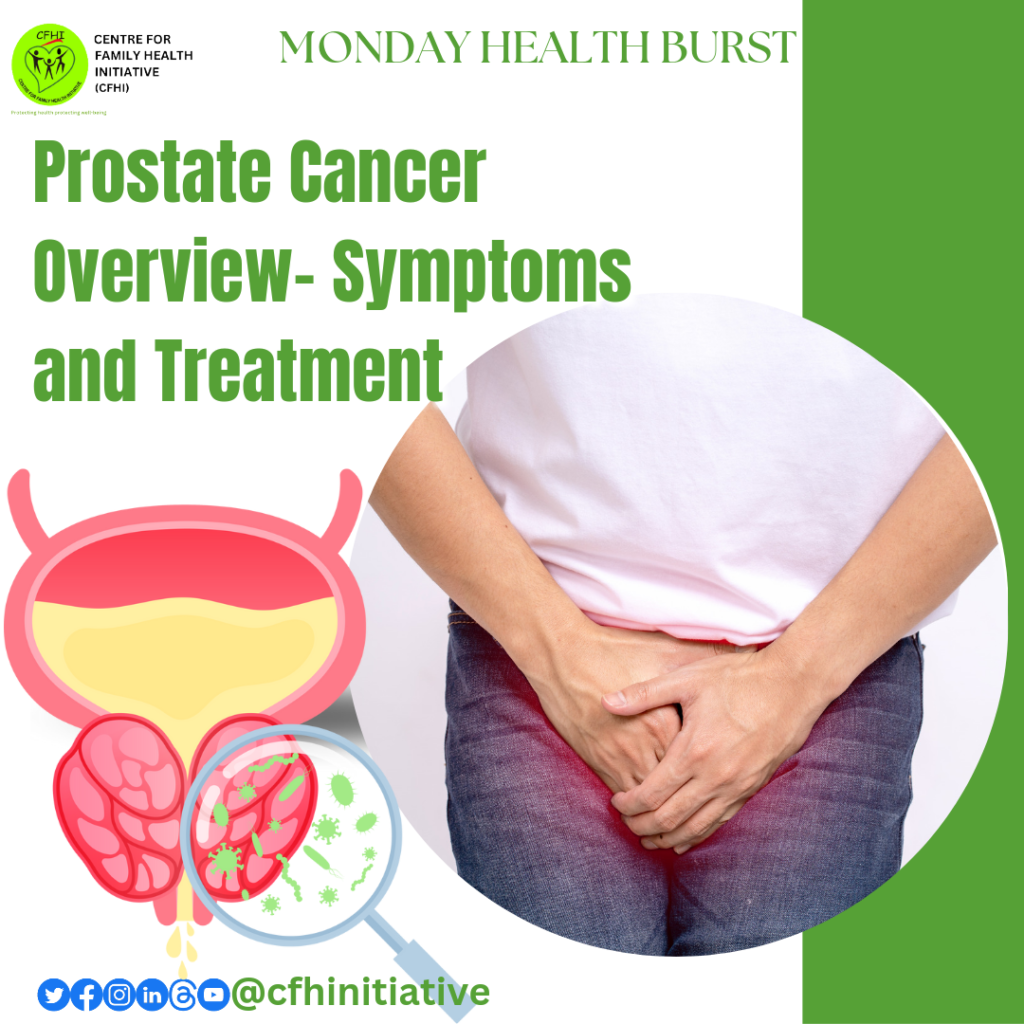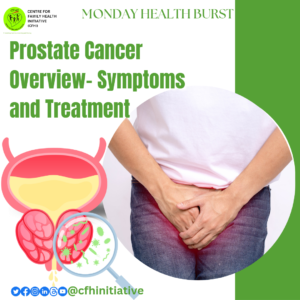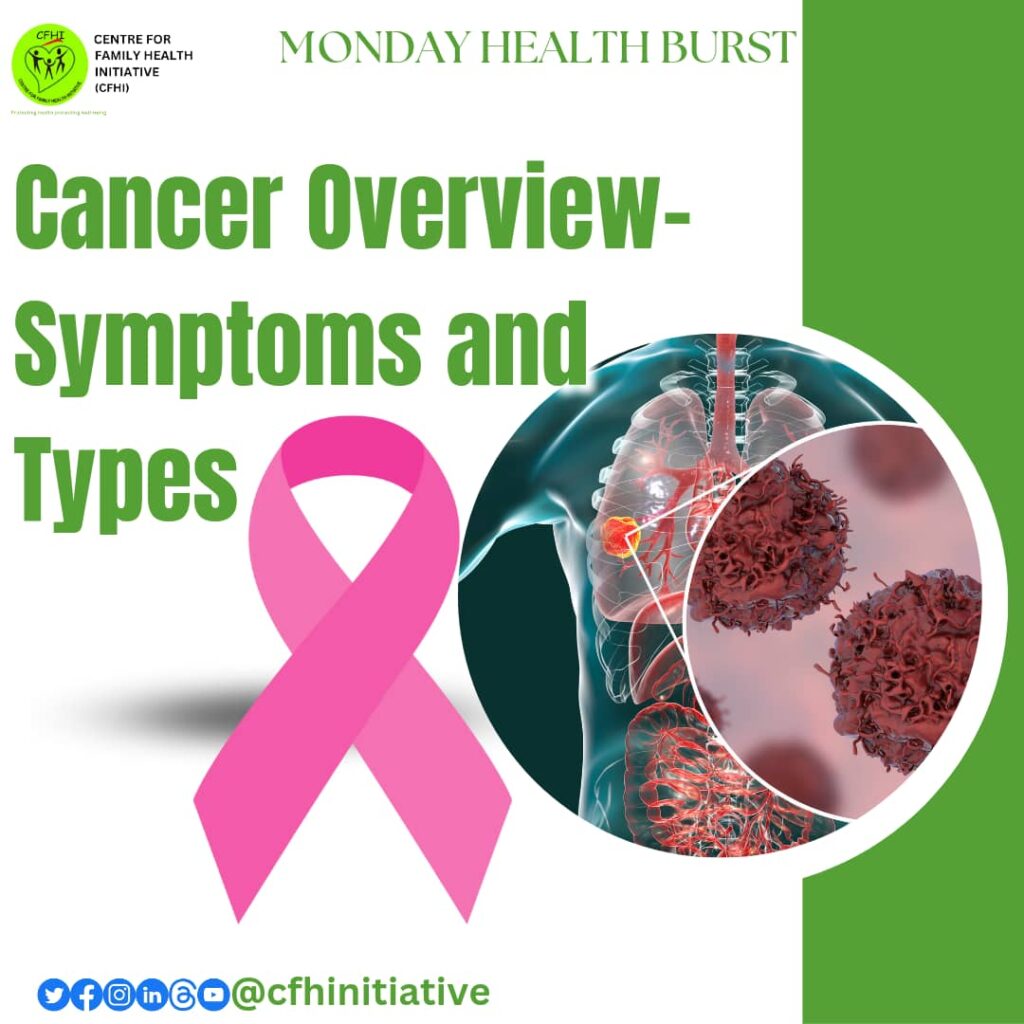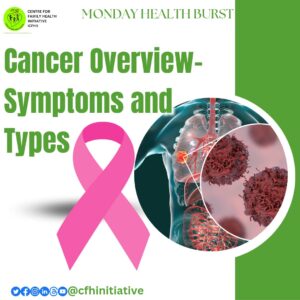MONDAY HEALTH BURST ON CERVICAL CANCER: KNOW THE FACTS, PROTECT YOUR HEALTH
Cervical cancer is a silent but serious public health concern, especially in low- and middle-income countries where access to screening and vaccination is limited. According to the World Health Organization (WHO), it is the 4th most common cancer among women worldwide, primarily caused by persistent infection with high-risk types of the human papillomavirus (HPV).1
The good news? Cervical cancer is largely preventable and treatable with early detection and the right preventive measures!
🚨 What Causes Cervical Cancer?
The #1 cause of cervical cancer is persistent HPV infection. Other key risk factors include: ✔️ Weakened immune system – Women with conditions like HIV are more vulnerable to persistent HPV infections. ✔️ Smoking – Tobacco damages cervical cells, increasing the risk of cancer. ✔️ Long-term use of oral contraceptives – Prolonged use may slightly increase the risk. ✔️ Multiple pregnancies – More full-term pregnancies can increase exposure to HPV and hormonal changes.
⚠️ Warning Signs & Symptoms
Cervical cancer often develops without symptoms in its early stages, making regular screening crucial! As it progresses, symptoms may include: 🔴 Unusual vaginal bleeding (between periods, after intercourse, or post-menopause) 🔴 Pelvic pain or pain during sexual intercourse 🔴 Abnormal vaginal discharge (watery, bloody, or foul-smelling) 🔴 Frequent or painful urination (in advanced cases)
🚩 Who is at Risk? Know Your Risks!
Certain factors increase the likelihood of cervical cancer, such as: ✅ Persistent HPV Infection – The leading risk factor. ✅ Early sexual activity – Exposure to HPV at a young age. ✅ Multiple sexual partners – Increases the risk of HPV transmission. ✅ Smoking – Toxic chemicals in tobacco damage cervical cells. ✅ Family history – A genetic link may contribute to risk. ✅ Immunosuppression – Conditions like HIV/AIDS weaken the body’s defense against HPV. ✅ Lack of screening – Not undergoing regular Pap smears or HPV tests increases late-stage diagnosis risk.
Prevention is Key: What You Can Do!
💉 Get vaccinated! The HPV vaccine is a powerful tool in preventing cervical cancer. 🩺 Go for regular screenings – Pap smears & HPV tests can catch abnormalities early. 🚭 Quit smoking – Reducing tobacco use lowers your risk. 🔍 Practice safe sex – Using condoms can help reduce HPV transmission.
Cervical cancer does not have to be a death sentence. With awareness, screening, and vaccination, we can eliminate cervical cancer and save countless lives. Share this message, encourage women to get screened, and let’s fight cervical cancer together! 💪
#CervicalCancerAwareness #HPVPrevention #WomensHealth #ScreeningSavesLives #NPHCDA
Reference:
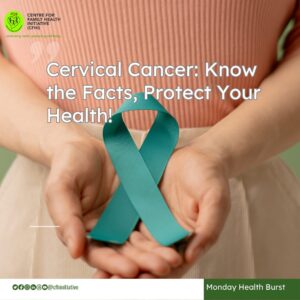
MONDAY HEALTH BURST ON CERVICAL CANCER: KNOW THE FACTS, PROTECT YOUR HEALTH Read More »

